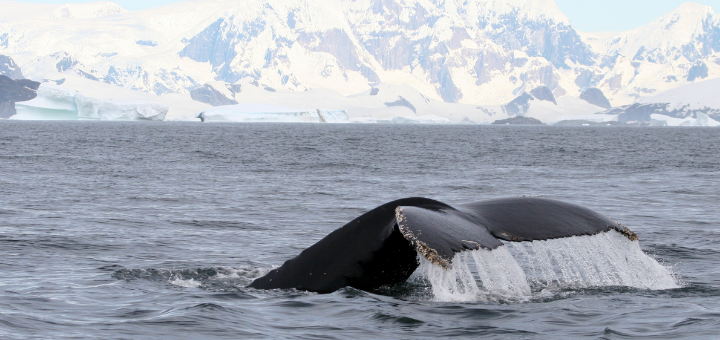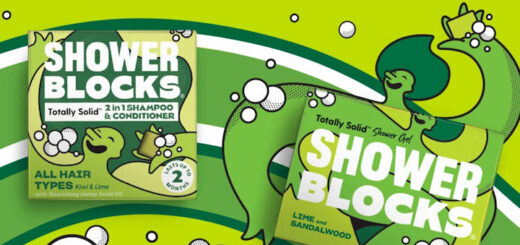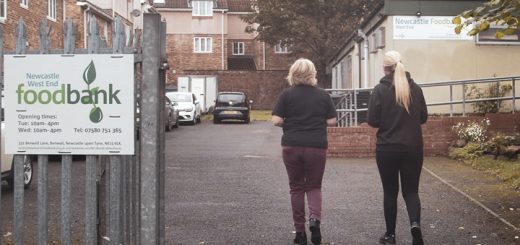
The Ethics and Ease of Going Plastic Free for Christmas
Christmas is a time of magic and rituals, of celebration, filled with joy, laughter, lights, glitter and tinsel; a time of giving, sharing and caring for those around us. It is also a period of excess with loads of us valuing convenience which makes Christmas an environmental nightmare.
Have you ever asked yourself what happens to all the wrapping paper after the gift receiver has ripped it off the oh-so–wished-for new toy? Or to the billions of cards that are sent every year or the huge amount of plastic food packaging?
Every Christmas, the amount of waste produced in the UK increases by some 30%. Aside from that secretly binned pair of hideous socks from great-aunt Mafalda, we throw away a shocking amount, from six million real Christmas trees to over 227,000 miles of wrapping paper. And it is our actions and choices that have an effect on the environment and other species.
Not many people realise that the beautiful metallic looking wrapping paper cannot be recycled, because of the plastic content. Did you know that the glittery card will go straight into landfill where the glitter can enter the environment as microplastic and pose a threat to ecosystems and animals?
But it was biodegradable glitter you say? Biodegradable glitter can cause the same ecological damage to rivers and lakes as the ordinary product, according to the first study of its kind on the impact of the microplastic on the environment by Anglia Ruskin University in Cambridge. These effects could be caused by material leaking from the glitters as they decompose, possibly from their plastic coating or other materials involved in their production. Glitter tends to get everywhere, so the jump from land to sea might not be as far-fetched as it sounds and once in the sea it could impact filter-feeding species like baleen whales.
The supermarket chain Morrisons has recently announced it has removed glitter and plastic from all its own-brand ranges before Christmas, including cards, crackers, wrapping paper, present bags, flowers, plants and wreaths and non-seasonal items which will remove more than 50 tonnes of plastic from its shelves over Christmas alone. Waitrose and John Lewis have followed suit.
What would happen if we made similar choices; if our choices were ethical to an extent that they don’t affect the planet and all its inhabitants, including us animals and, ultimately, our existence? Impossible? Actually not! There are countless possibilities: swap clothes to get that sparkly look for Christmas (British people spend around £2.4 billion on fast fashion for the Christmas season; and many items are only worn once!), wrap presents in reusable gift wrap (for example using the beautiful Japanese furoshiki wrap technique), use last year’s Christmas cards to make gift tags, make your own decorations, send e-cards, send innovative cards that can be planted and will grow into plants, creating new life, gift experiences and memberships (like a WDC whale or dolphin adoption) or simply your time. We just have to be willing to make that change.
Have a look on the Ethical Superstore website for some great plastic free Christmas gifts here
Image: WDC



